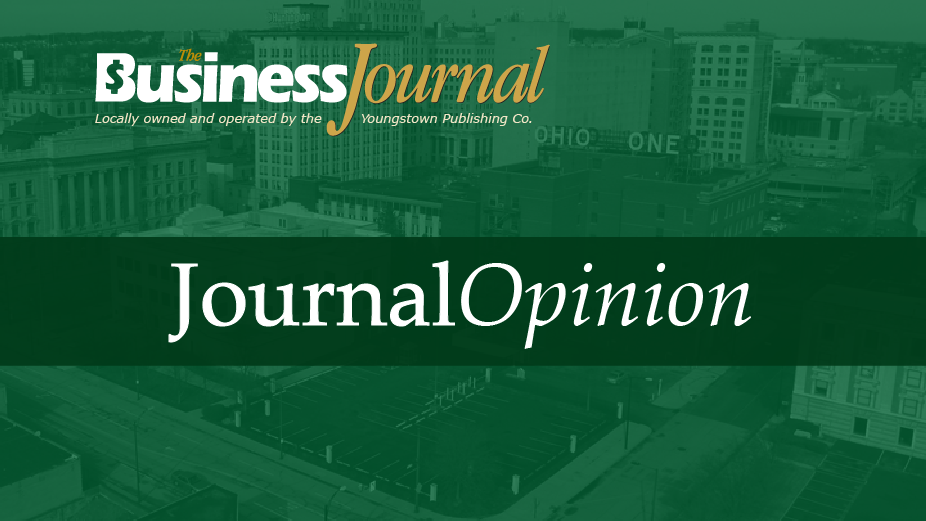YOUNGSTOWN – Our previous edition marked the publication of Growth Report 2021. The theme, “Together in Transformation,” was reflected from our cover story to the nearly 300 stories compiled from submissions from companies throughout the region.
The annual Growth Report, by definition, is a positive perspective – true to our narrative-changing mission established with the founding of the Youngstown Publishing Co. in 1984, in the wake of the steel industry’s exodus, the darkest days in this region’s history.
This year, Growth Report 2021 provided a record of accomplishments, collaboration and perseverance as we looked back on 2020, a year that posed diverse challenges, and looked forward to the transformation of our industrial base and neighborhoods. We recognize that view is selective, illustrative of specific spheres of the local economy. For many, many who live here, the socioeconomic picture is bleak and not just because of COVID-19.
In 2019, Second Harvest Food Bank distributed a then-record 11.5 million pounds of food and the 160 pantries it supplied in Mahoning, Trumbull and Columbiana counties gave food to 13,000 people every week, according to Michael Iberis, executive director. Last year, 15.6 million pounds of food was distributed to 20,000 people weekly in the May-June period, before declining to a still high 17,000 or more people each week.
U.S. Census Bureau data from 2019 shows just under 38% of Youngstown residents live below the poverty line – more than double the statewide poverty rate – including 57% of the city’s children. Statistics are only slightly better for Warren, where 35% of residents are below the poverty line (also more than double the Ohio rate), including 55% of that city’s children.
In the Youngstown City School District, 100% of students qualify for free or reduced lunches. The most recent state report card classified 100% of the district’s students as economically disadvantaged.
One online report recently making the rounds designates Youngstown not only as the poorest city in Ohio, but also in the United States.
As we enter the second year of our Brain Gain advocacy program, these statistics signify the greatest contributor to brain drain – inner-city children living in poverty.
Can impoverished youth overcome their dire circumstances to succeed? Yes, and they do. But every kid shouldn’t have to be the hero of a Horatio Alger story. Every child deserves equitable education and opportunity, with adequate food, shelter and other resources that provide basic tools to succeed as adults. Not just because it’s good for business, but because it’s good public policy as well.
There are no simple solutions, of course. But the business community must recognize the realities of the lives we don’t live. If we are to fully transform, we must make every effort to ensure that transformation is as inclusive as possible.
